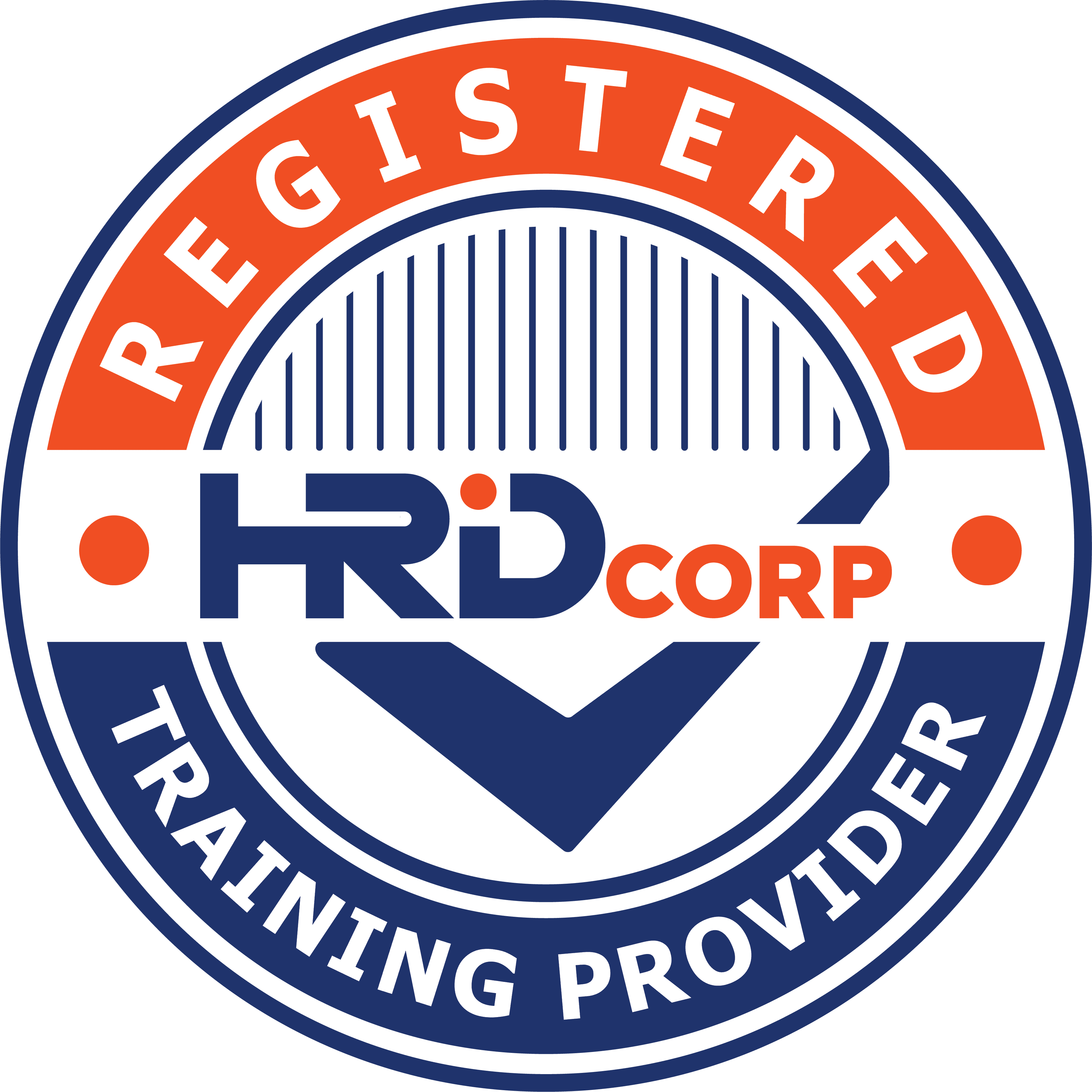A forklift truck, also known as a forklift or lift truck, is a powered industrial vehicle designed for the lifting, carrying, and stacking of materials over short distances.

A forklift truck, also known as a forklift or lift truck, is a powered industrial vehicle designed for the lifting, carrying, and stacking of materials over short distances.
It consists of a power-operated horizontal platform (forks) at the front that can be raised and lowered, allowing it to lift and move heavy loads. Forklift trucks are commonly used in warehouses, manufacturing facilities, construction sites, and other industrial settings.
While they are essential for efficient material handling, forklift trucks also pose various hazards. Here are some common hazards associated with forklift truck operations:
Vehicle Accidents
Collisions with pedestrians: Forklifts can pose a danger to pedestrians if not operated safely, leading to injuries or fatalities.
Collisions with other vehicles or objects: Inadequate visibility, improper maneuvering, or high-speed operation can result in collisions with other vehicles, stationary objects, or storage racks.
Overturning: If a forklift is driven too fast, carries an unbalanced load, or operates on uneven surfaces, it can tip over, endangering the operator and nearby workers.
Load Handling Hazards
Falling loads: Improperly secured or unstable loads can shift or fall from the forks, potentially striking workers or causing injuries.
Overloading: Carrying loads that exceed the forklift’s capacity can compromise stability and increase the risk of tip-overs.
Improper stacking: Inadequate stacking of loads can lead to instability, causing materials to fall or collapse.
Pedestrian Safety
Workers on foot can be at risk if they are struck by a moving forklift, caught between a forklift and another object, or hit by falling loads.
Lack of communication: Insufficient communication between forklift operators and pedestrians can result in accidents.
Work Environment Hazards
Uneven or slippery surfaces: Operating a forklift on uneven or slippery surfaces increases the risk of tipping or losing control.
Limited visibility: Blind spots, obstructed views, and loads blocking the operator’s vision can make it challenging to detect pedestrians or obstacles.
Hazardous areas: Forklifts operating near ramps, edges, or areas with hazardous materials pose additional risks.
Poor Maintenance and Equipment Hazards
Inadequate maintenance: Failure to conduct regular inspections, servicing, and repairs can result in equipment malfunctions, brake failures, or steering problems.
Faulty safety features: Defective or malfunctioning safety features such as horns, lights, or backup alarms can increase the risk of accidents.
Lack of Training and Safe Practices
Insufficient operator training: Inadequate training in forklift operation, load handling, and safety procedures can lead to unsafe practices and accidents.
Failure to follow safe practices: Neglecting to wear seat belts, not using designated travel paths, or ignoring safety guidelines can increase the likelihood of incidents.
This forklift training is an in-depth course on manual and mechanical forklift handling that is designed to increase safety, motivation, and productivity and help protect personnel, loads, and equipment. It delivers a thorough understanding of safety management and procedures in compliance with the Occupational Safety & Health Act 1994 (OSHA, Act 514).
This course on forklift training will train participants on the functional features and capabilities of a forklift truck. The Forklift Truck Course enables trainees to acquire all the necessary skills for operating a forklift in a safe and efficient manner.
The course is catered for both new and inexperienced forklift operators and also for experienced operators to learn new skills and techniques. The forklift training covers both theoretical and practical instruction in a realistic environment for all types of forklifts.
Training Contents
The training should cover, but not be limited to, the objectives below:
Verify the role of the employer & employees and also comply with the legal requirements of OSHA 1994. (Safe and healthy working environment for everybody.).
Identify the main causes and effects of accidents so that they will be aware of how to avoid creating risks and be a safety-conscious driver.
perform safety and performance inspections of the forklift truck components and engine operation systems to avoid downtime and unnecessary repair costs.
State the do’s and don’ts of forklift truck operators to prevent self-injury and injury to other employees.
Understanding that forklifts are dangerous and different from personal vehicles.
Being aware of the risks and hazards in their work environment and the forklift.
HRD Corp. aims to aid businesses in raising productivity, competitiveness, and revenue for enterprises and individuals by providing them with the needed skills and is dedicated to developing a productive workforce.
Our registered employers can enjoy various training offerings in accordance with their business and industry needs. Beyond that, they will also be able to utilise contributions and special funds from the government.
© 2025 coursetakers.com All Rights Reserved. Terms and Conditions of use | Privacy Policy